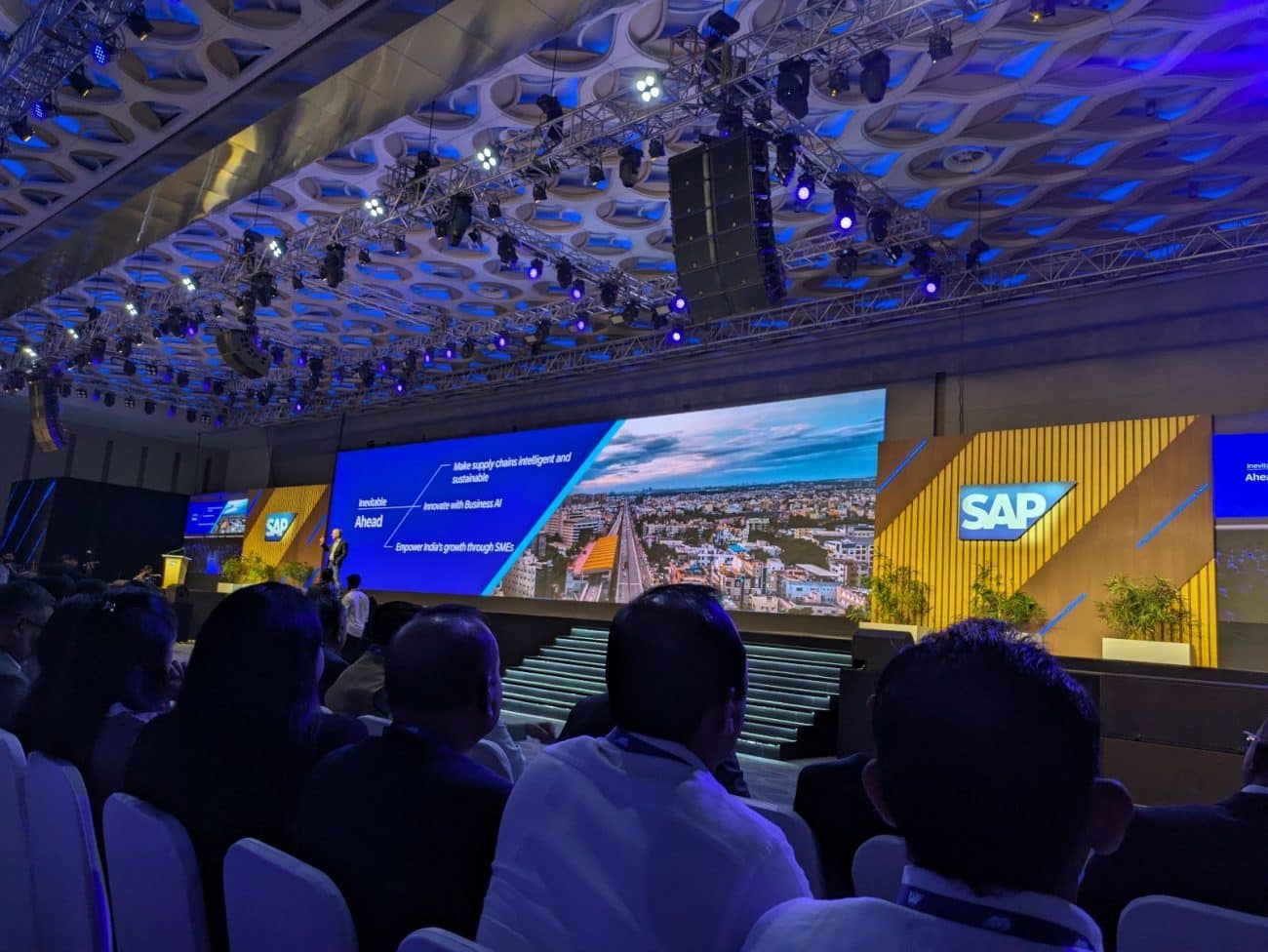|
Listen to this story
|
Today, AWS’ involvement in the telecommunication industry is way beyond helping telcos migrate to the cloud. In the current age, telcos are rethinking their technology stacks to drive agility and are transitioning from being called telcos to techcos.
With an increasing demand for high-speed connectivity, seamless communication, and a myriad of services, telcos are exploring and leveraging the best of emerging technologies to not only meet these demands but to exceed customer expectations.
As a result, the telecommunications industry has surfaced as a pivotal sector in AWS’s strategic landscape. AWS is actively contributing to the innovation endeavours of telcos through prototyping, co-development, the creation of new business lines, supporting their go-to-market efforts and achieving their sustainability goals.
“We are actively participating in the transformation of these telecommunications companies, tailoring our support to their specific needs across a spectrum of infrastructure, including enterprise IT, data storage, network components, and value-added services.
“Simultaneously, through our partner community, we ensure the exposure of various network capabilities of telcos through APIs, addressing a key focus area for many telecom companies in the current landscape,” Jayanth Nagarajan, head, telecommunications industry – Asia Pacific & Japan, AWS, told AIM in an exclusive interaction.
Bringing GenAI to telcos
“While a global initiative is underway to develop LLMs for the telecommunications industry, led by Korea-based SK Telecom, AWS research shows that 65% of telecommunications companies anticipate using off-the-shelf [LLMs] by fine-tuning them with their own enterprise data,” he said.
With Bedrock, AWS presents a range of LLMs like Llama by Meta, Claude by Anthropic, and additional models sourced from ElevenLabs, Stability AI, and open-source models featured on Hugging Face, encompassing their proprietary Titan models.
According to Nagarajan, the hyperscaler is helping telcos across the globe leverage these models across three themes – networks, consumers, and employees. When it comes to network, AWS is delivering generative AI solutions across three areas – network observability, prediction and troubleshooting.
“Generative AI helps in network root cause analysis. In the case of an unfortunate event, the generative AI-powered solutions that we have, very quickly allow the network operators to identify the root cause as well as change things around,” he pointed out.
Generative AI is also being used by telcos for network optimisation. For instance, LLMs are automating the configuration of network elements such as routers, switches, and other devices in a telecommunications network.
“We’re also seeing applications on forecasting customer needs, suggesting retention offers and personalising recommendations via a customer-connected journey,” Nagarajan said.
Moreover, AWS generative AI solutions also play a crucial role in automating various tasks which include streamlining Request for Proposal (RFP) responses, offering real-time support for field technicians seeking prompt assistance without relying on call centres and automating processes such as code generation, debugging, and testing.
How Telcos are leveraging CodeWhisperer and AI Chips
Over the years, AWS has also released custom silicon chips optimised for the cloud. At AWS re:Invent 2023, the hyperscaler announced Trainium2, which delivers up to 4x faster training than its first generation, with deployment capability in EC2 UltraClusters of up to 100,000 chips.
AWS silicon chips, including Trainium and Inferentia, are built to ensure that the training and inference are done at a very competitive price performance approach, according to Nagarajan.
Sharing the example of Deutsche Telekom, a Germany-based telco, he said AWS’ Inferentia 2 chips allowed them to increase the volume of queries answered by 8%.
“It improved the acceptable answer rate by 10% and reduced the fabricated responses or hallucinations by 25%. Overall it achieved its performance targets of improving better latency as well as higher throughput.”
Similarly, British Telecom (BT) recently announced that they are now deploying Amazon CodeWhisperer, which writes code in an integrated development environment with Amazon Q, a generative AI chatbot designed explicitly for businesses announced by AWS at re:Invent.
“The developers at BT have seen code suggestion acceptance rates of 37%. So there were 100,000 lines of code that developers did not need to write by hand,” Nagarajan revealed.
Deploying 5G with AWS
Globally, telcos have deployed or are in the process of deploying 5G services across the territories they operate in. AWS is not just assisting telcos in deploying 5G networks but also in formulating their monetisation strategies.
Nagarajan emphasised that, unlike the 4G standards released in 2008, which were not inherently aligned with the cloud, the 2019 release of the 5G standard was explicitly designed to adhere to cloud operating principles.
“In 2019, we released AWS Outposts, which allowed telcos to run 5G network workloads on the cloud, not just in our hyperscale availability regions, but also on their premises. We also made available AWS wavelength, which is our multi-access edge compute engagement that we put at the telcos 5G network to help them monetise 5G,” he said.
Operators such as Dish Network in the US have made remarkable strides, expanding from zero to covering 20% of the continental US with AWS, according to Nagarajan.
“They have openly acknowledged that this achievement would not have been possible without AWS, enabling them to deploy a 5G network within a record time of 14 months. Presently, they have surpassed the 70% mark in coverage,” he said.
Monetising 5G
Moreover, AWS is helping telcos with their monetising strategy when it comes to 5G. Since telcos understand connectivity well, according to Nagarajan, one theme that is significantly gaining momentum is private networks.
Indian IT giant TCS and AWS are working on a broad range of initiatives to enable enterprises to unlock the power of private 5G, Nagarajan revealed.
“TCS and AWS are working with enterprises to deliver actual business outcomes atop these private 5G networks. AWS is complementing the effort with our deep community of partners along with AI/ML and analytics services at the edge to enable these industry 4.0 solutions,” he concluded.



















































































